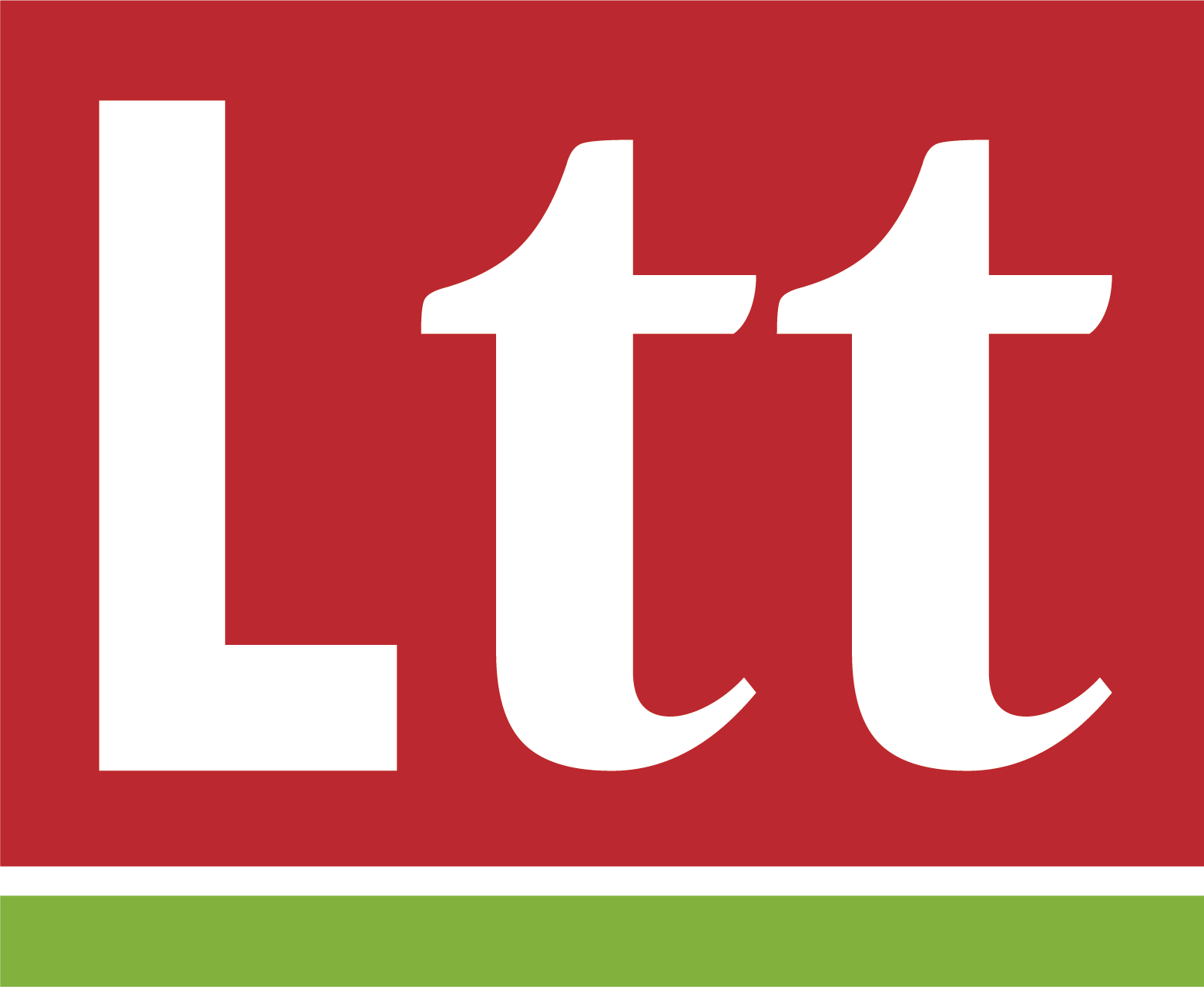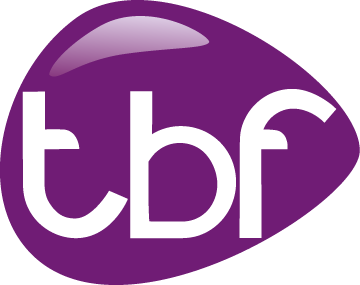sponsored by

The award for operators the shire areas of the UK, covering all areas outside our major cities.
Results 2017
Winner, Gold Award
Go South Coast
Go South Coast describes itself as “the company that people want to work for, travel with and use!”. Go South Coast comprises: morebus, serving Bournemouth and Poole; Reds, providing services for Salisbury and Wiltshire; Bluestar in Southampton and South Hampshire; Southern Vectis covering the Isle of Wight; Thamesdown in Swindon, and Damory in parts of Dorset and Hampshire. Across all brands, passenger growth has been over 13% over the last five years, demonstrating consistent growth. Significantly this has come from within the pre-existing businesses rather than acquisitions. Contactless payments are being rolled out across the networks, in addition to accepting the Key smartcard and cash. USB charging and wifi is available on most of the fleet and next stop audio announcements should cover all vehicles by the end of the year. Customers also benefit from real time information and route planning with Google Maps on smartphones, but all timetables are also available online and in print.
With a diverse range of services across the region, Go South Coast impressed the judges with its smooth takeover of Thamesdown services and consistent passenger growth across all its brands over the past five years. Go South Coast’s excellent social media interaction was also noted, and contributed to making it an around impressive operator, and a worthy Gold Winner.
Winner, Silver Award
Stagecoach East Scotland
Stagecoach East Scotland carries almost 35 million passengers per year, has 1,300 employees and a fleet of over 460 vehicles. This si a mixture of town and rural routes as well as the Express City Connect network of high specification coaches. The company is one of the largest bus operators in Scotland, using strong working partnerships with local stakeholders to ensure service improvements and continual network development with effective results. Consistent growth in passenger numbers across the network has led to increases of frequency and influenced the purchase of new, state-of-the-art vehicles with a higher capacity to cater for demand. In fact the list of investment in new vehicles is quite extensive, including 18 electric hybrid double deckers for Dundee, seven more for Angus, 12 Plaxton Elite coaches for the Edinburgh – St Andrews route, and 19 new single deck buses Ballingry to Rosyth corridor. There has also been significant investment in ticketing and route planning technology.
The judges liked this well written entry and noted that both the company’s urban and inter-urban services were well marketed and continued to expand. They were also pleased to see continued investment in new vehicles, which has no doubt helped the network’s continued success.
Winner, Bronze Award
Oxford Bus Company
Having been part of Oxfordshire for over 135 years, Oxford Bus Company continues to grow and adapt to its market, whilst maintaining a strong connection to the local community it serves. In what has been a year of substantial upheaval in the city centre due to the redevelopment of its largest shopping centre, the company has continued to invest in its fleet, technology and colleagues, putting into practice its positive outlook for the future. There has been a ú6.5m investment in 30 new Streetdeck double deckers with next-stop audio visual systems and a further ú1.1m in replacing all ticket machines to state-of-the-art units with contactless payment, barcode scanning and other customer and driver conveniences. The company has also spent ú1m a brand-new city centre travel shop and customer lounge.
The judges were pleased to note the investment in new vehicles with audio visual next stop announcement and that the company continues to deliver a good service. They also noted that the Managing Director is on the Local Enterprise Partnership, something that more bus operators should aspire to.
Finalists
Blackpool Transport Services
Blackpool Transport runs both the tram and bus networks in the resort and has run its operations along very traditional lines which it felt was holding back growth. Its change programme is far from complete, but there has been a leap forward in managerial attitudes such as its willingness to engage with customers to root out problems in operations and work on improvements. Bus patronage had been in decline in Blackpool for many years, but innovations such as the 24 hour ticket has turned around the decline, as has the introduction of Palladium branded buses. The first batch featured free wifi, leather seats, wooden effect floors, then group seating with three tables on the upper deck was added to the specification and a further 20 are on order with two TFT screens, no hand poles on the upper deck and hand grips on each seat. This brand now constitutes 40% of the fleet and with the expectation to replace the whole fleet by March 2021. Revenue on the routes with th new vehicles has risen by 2%.
The judges noted lots of new initiatives underway and look forward to seeing their effects in future years.
Who could be nominated?
This award was open to bus companies operating service networks wholly or mainly outside the major conurbations. Operators who are not subsidiaries of a holding company owning three or more bus operating subsidiairies, with fleets of less than 100 vehicles are recommended to enter the Independent Operator of the Year.
… and by whom?
We welcomed nominations from customers, local authorities, user groups or bus operators. Self-nomination was acceptable.
Criteria and Entry Requirements (for all Bus Operating Awards):
The finalists were selected on the basis of the quality of the submissions, which needed to:
- Provide the full range of information requested in the Key Performance Indicators section of the entry form
- Address as fully as possible the individual criteria headings on the form.
It was important that all KPIs and each of the following criteria are addressed as fully as possible because the allocated marks are not transferable.
The information required was:
- Customer Relations and Performance: show how the operator maintains and improves customer relations and monitors its operations to optimise performance. For example how it uses:
- technology, including social media, real-time information and mobile phone apps
- other methods of communicating with customers and potential customers including printed information
- customer satisfaction surveys, suggestion and complaint handling procedures and the monitoring of feedback.
- Management of Stakeholder Relations and Partnerships: describe the company’s approach to the management of its relationships with local authorities, LEPs and other community and local business organisations. Describe the work done on partnerships with authorities and other bodies and state how it fosters and contributes to the life of the communities it serves.
- Where operated, with the approach to and results of delivering local authority contracted local bus services should be described.
- Market Growth and Development: show how the operator contributes to sustaining and expanding the market for public transport in their area by
- offering different payment methods and range of tickets including discounts for specific groups, for example young people
- providing a range of commercial services at different times of the day and days of the week
- introducing innovations over the preceding twelve months
- The descriptions and examples should be supported where possible by statistics to confirm patronage and revenue trends and by evidence of modal shift.
- Employee Relations and Training: provide evidence of the company’s employee relations policies and any discernable outcomes, including;
- diversity
- equal opportunities
- training, including CPC progress
- employee development programmes, such as advanced driver training and testing
- other initiatives and/or practices that engender staff loyalty.
- Health, Safety and Risk Management: demonstrate the company’s approach to risk assessment in all its activities including;
- a commentary on Health and Safety issues for the past year, supported by reports on any significant incidents,
- showing how the company assesses the impact of its activities on staff, passengers and the general public and has monitoring and control measures to reduce risk and the level of the residual risks.
- Environmental and CSR Matters: describe the operator’s approach to environmental matters and social responsibility and consequential outcomes.
- Policies on diversity and accessibility: state whether there are policies for different customer groups, for example recognising disability and diversity, and/or deprived localities and specifically describe the operator’s approach to improving or promoting the accessibility of their product for people with various types of mobility difficulty.
- Serious Complaints and Enforcement Action: state whether or not the company was referred to the Bus Appeals Body within the last three years prior to submission of this entry. If so, the issues and the outcome need to be described. Entrants should also state whether or not there has been any Traffic Commissioner action in the three years prior to entry or whether any investigation, disciplinary hearing or known VOSA report is ongoing at the time of entry. If so, provide a full account of the matter(s).
Shortlisted entries are then assessed by ‘mystery travellers’ to monitor the standard of service delivery.

















